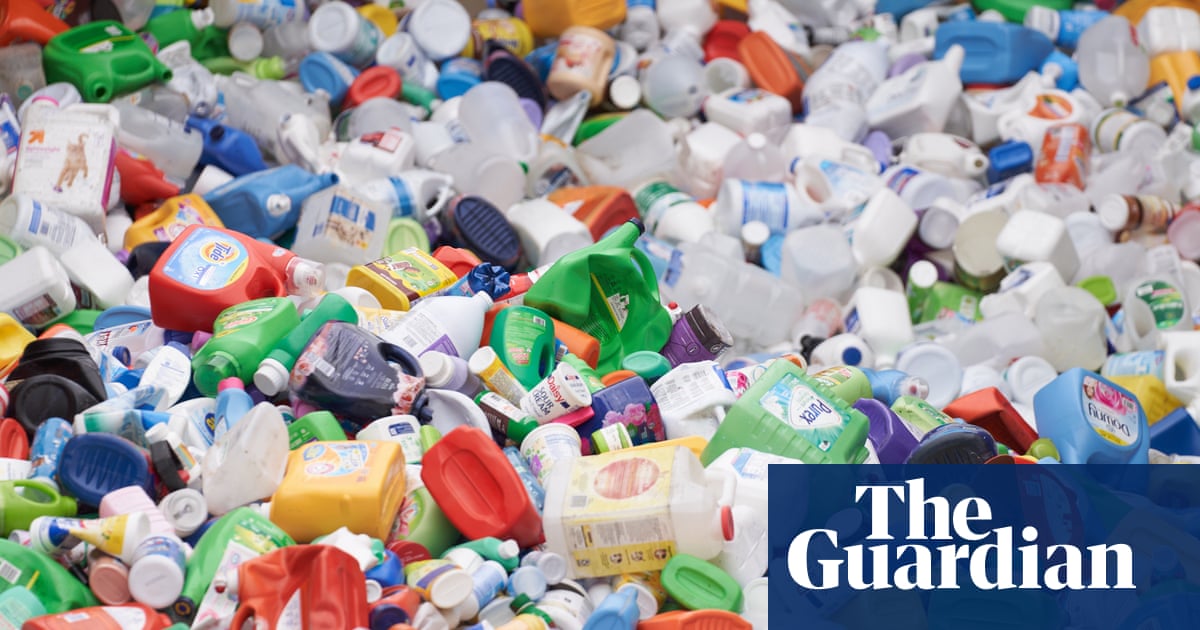
"Chemists have discovered E coli can be used to create paracetamol from a material produced in the laboratory from plastic bottles."
"This technology shows that by merging chemistry and biology, we can make paracetamol more sustainably and clean up plastic waste."
"The researchers incubated a new material from PET with harmless E coli and found it converted to Paba through a Lossen rearrangement."
"The Lossen rearrangement occurred spontaneously with the E coli, catalyzed by phosphate within the cells, rather than needing harsh lab conditions."
Researchers have found that genetically modified E coli can transform plastic waste into paracetamol, offering a sustainable way to produce this common painkiller while addressing environmental plastic issues. The transformation involves a novel chemical reaction known as Lossen rearrangement, which occurs biocompatibly without damaging living cells. The process begins with converting polyethylene terephthalate (PET) into a precursor material, which E coli converts to para-aminobenzoic acid (Paba). This discovery merges chemistry and biology to innovate drug production and tackle plastic waste.
Read at www.theguardian.com
Unable to calculate read time
Collection
[
|
...
]